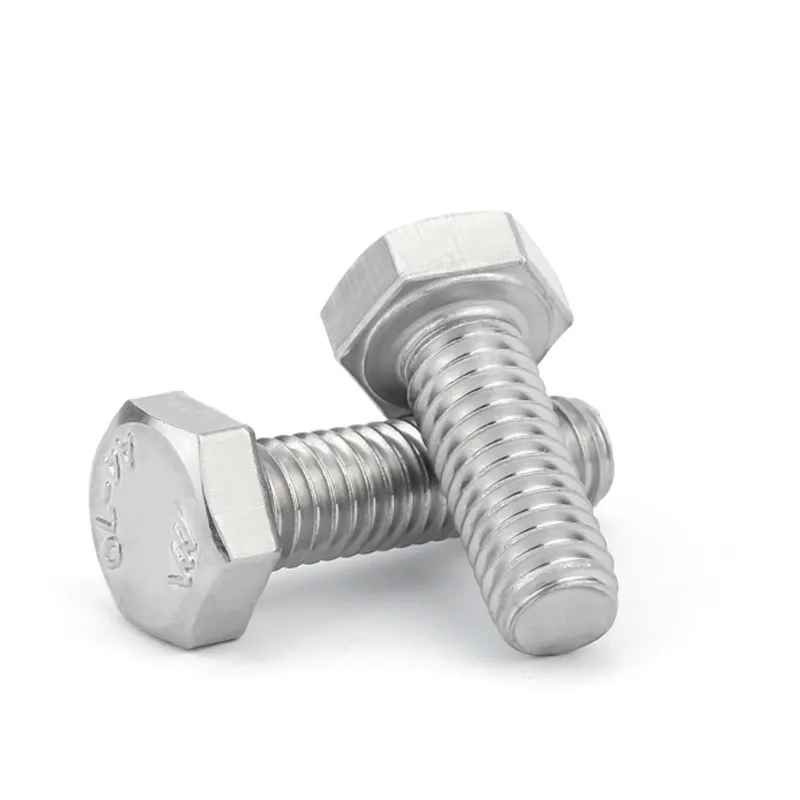

Exploring the Essentials of Hardware Fasteners for Various Applications and Industries
Oct . 31, 2024 15:00 Back to list
Exploring the Essentials of Hardware Fasteners for Various Applications and Industries
The Importance of Hardware Fasteners in Modern Manufacturing
Hardware fasteners are essential components in the manufacturing and construction industries, serving as vital elements that hold various materials together. From screws, bolts, and nuts to anchors and rivets, these small yet critical items play a significant role in ensuring the integrity and durability of products ranging from household furniture to large infrastructure projects.
One of the primary functions of hardware fasteners is to secure objects firmly in place. In construction, for instance, fasteners are used to anchor beams, secure walls, and bind roof structures, thereby providing stability to buildings. In manufacturing, they are crucial in assembling machinery, electronic devices, and automobiles. The reliability of a product often hinges on the quality of its fasteners, making them a focal point for engineers and designers.
The material of the fasteners is another important consideration. Common materials include steel, stainless steel, aluminum, and plastic, each offering unique benefits. For example, stainless steel fasteners are favored for their resistance to corrosion, making them suitable for outdoor applications or environments with high humidity. Additionally, specialized coatings can be applied to fasteners to enhance their durability and performance in specific contexts.
hardware fasteners

Fasteners also come in various sizes and types, allowing for their use in countless applications. From tiny screws that hold together delicate electronic devices to large bolts that secure heavy machinery, the versatility of hardware fasteners is unmatched. This adaptability ensures that manufacturers can find the right fastener for every specific need, balancing strength, weight, and cost.
Moreover, the design and engineering of fasteners have evolved to meet the increasing demands of innovation and safety standards. Advanced fastener designs, like locking nuts and self-tapping screws, enhance performance and efficiency. These innovations not only simplify the assembly process but also bolster the overall strength of the construction or product assembly.
In the realm of sustainability, the choice of fasteners can have significant implications. As industries move toward more eco-friendly practices, selecting recyclable or sustainably sourced materials for fasteners is becoming increasingly important. Furthermore, the durability of fasteners can reduce the need for replacements, thereby minimizing waste and promoting environmental stewardship.
In summary, hardware fasteners are not just simple connectors; they are critical components that enhance the functionality, durability, and safety of countless products and structures. As technology advances, the importance of selecting the right fasteners will only grow, fostering innovations that lead to better performance and sustainability. Manufacturers and builders must continue to pay attention to these essential components, ensuring that the fasteners they choose not only meet their immediate needs but also contribute positively to the product lifecycle and the environment. As we continue to innovate and improve upon traditional practices, hardware fasteners will remain at the heart of efficient and effective manufacturing and construction processes.
Latest news
-
Hot Dip Galvanized Bolts - Hebei Longze | High Strength, Corrosion Resistance
NewsAug.01,2025
-
High-Strength Hot Dip Galvanized Bolts - LongZe | Corrosion Resistance, Custom Sizes
NewsAug.01,2025
-
Best Self Tapping Screws for Drywall - Fast & Secure Installation
NewsJul.31,2025
-
High-Strength Hot Dip Galvanized Bolts-Hebei Longze|Corrosion Resistance&Customization
NewsJul.31,2025
-
Hot Dip Galvanized Bolts-Hebei Longze Metal Products|Corrosion Resistance&High Strength
NewsJul.31,2025
-
Hot Dip Galvanized Bolts-About LongZe|High Strength, Corrosion Resistance
NewsJul.30,2025

